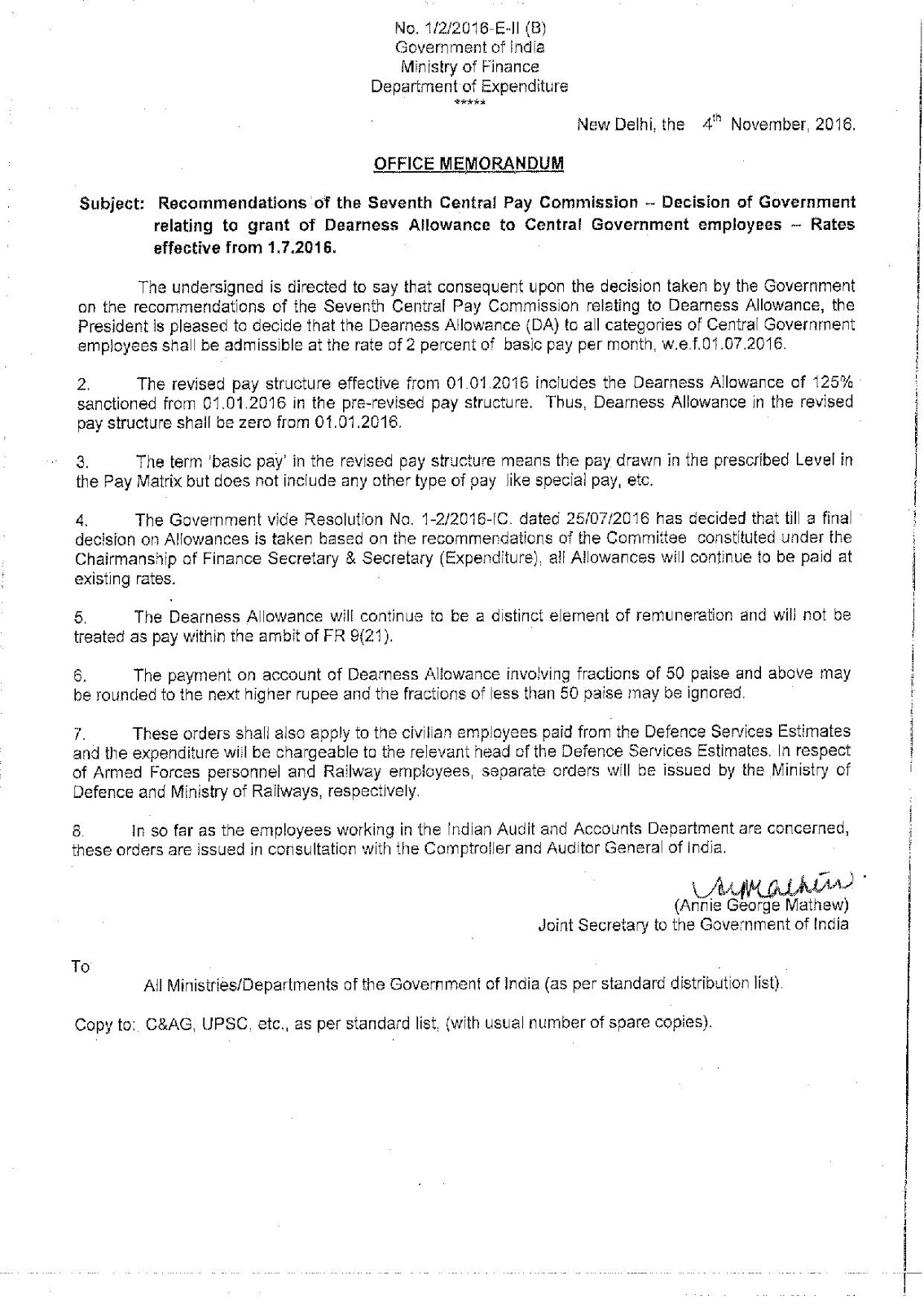VIEW POINT OF DR. K.C. CHAKRABARTY ON DEMONITISATION
Dr. K.C. Chakrabarty was a Deputy Governor of the Reserve Bank of India from 2009 to 2014. He has a doctorate in statistics and worked for a quarter of a century in Bank of Baroda before becoming Chairman of the Indian Bank and Punjab National Bank. News18’s Tushar Dhara spoke to Dr. Chakrabarty for his views on demonetisation. Excerpts:
Q. What is your view on demonetisation?
Demonetisation is a very blunt instrument and it has to be used very judiciously and in a very very critical situation. Generally, in a normal situation it doesn’t give any results. The economic benefit is less and the cost is more. It is necessary to have a very effective pre-planning. I am not among those people who are saying it’s a great step, it’ll bring a revolution. I am not a critic of the Prime Minister, but I think he has not been properly briefed on the subject by whosoever was involved in the decision-making process or in planning this, whether in the Finance Ministry or the RBI.
Q. If you were to design a currency demonetisation scheme how would you do it?
If it is to be designed at all… Ask first is it necessary? If we say we are going to tackle the process and the people and that black money is predominantly in the form of cash and with only rich people, then only it has a purpose. Otherwise for tackling black money in the normal way, it will never give the result.
Q. The government’s rationale is to fight corruption and black money…
You are fighting black money, but currency notes are not black money, all currency notes are white money. When it reaches a person who is not paying tax it becomes black money. And if the currency moves from that person to another person who is paying tax it becomes white money. The process and the person are the culprit, but you are destroying the notes. If the process and people are not changed a person can use currency, gold, other assets for black money generation.
Our problem is that the government’s understanding is that [black] money is with the rich, whereas on the contrary more cash money is lying with the poor.
The poor keep their money under the bed, under the pillow. The rich only have transitory money with them. The money will pass from the rich very fast.
Q. Will demonetisation affect the poor more than the rich?
Absolutely. To withdraw his/her own money the poor person has to stand in the queue, then liquidity…90% of the poor’s liquidity is in cash, so they have no cash. All your trade and commerce is likely to be affected. It will definitely have an effect on the economy.
And what benefit is it giving the government? You have neither touched the person nor the process, you have destroyed the notes which are not black.
Q. How will the economy be affected?
The total cost of replacing the notes will be Rs 10,000 or 15,000 crore. That is a direct loss. Then the banks will be doing only this job for the next two months: exchanging the note, managing the cash, managing the crowds. People will be more busy with these things. All this will have an adverse effect on the economy.
Q. What is the effect of demonetisation on informal markets that rely on cash?
There will be a liquidity crunch, volume of transactions will go down, sometimes it may totally collapse, depending on the situation. To be frank, even today these [old] notes are utilised in the informal market. Today, anyone can deposit Rs 5,000 if he’s selling wheat, if he’s selling vegetables, if they say, “I don’t have any other note, I have this note,” you will take it. (The old notes) are not totally banned, you have kept leakages open, it is working in hospitals. If it is banned why should it work in hospitals? Why should it work in airports? Why should it work in paying tax to government? I don’t understand the logic behind this.
Q. How much will GDP decline?
I am not an astrologer and I will not be able to say. It will have an adverse impact on the economy, that much I can say? It all depends on what corrective measures the government takes, what corrective measures people take, how much sacrifice people make.
Q. There are reports of vegetable prices falling because consumer demand has collapsed.
Inflation will come down because people have no money. If you withdraw the money from the people all prices will collapse, but people will not be able to eat vegetables also. Prices are collapsing because medium of exchange is not there.
Q. What will the effect on the fiscal deficit be?
If the economic growth comes down, the government’s tax collection also comes down. We consider that black money does not generate any second or third order benefit to government, but if a person goes with black money and spends it in the malls, restaurants or cinema hall then government gets a part of the tax. It all depends on how much economic activity is affected. If some people get some of this money into the open, maybe government will get back some tax. But that amount is insignificant compared to the loss to the economy and the inconvenience to the public.
Q. How much time will it take the government to replace the withdrawn liquidity?
If your house has collapsed, how much time it takes to reconstruct depends on the person doing the reconstruction. How quickly is he doing the job…
It depends on how quickly the Reserve Bank and government take corrective measures. But it will take a few months to come back to normalcy, as of today. It may take a year for the economy to recover.
